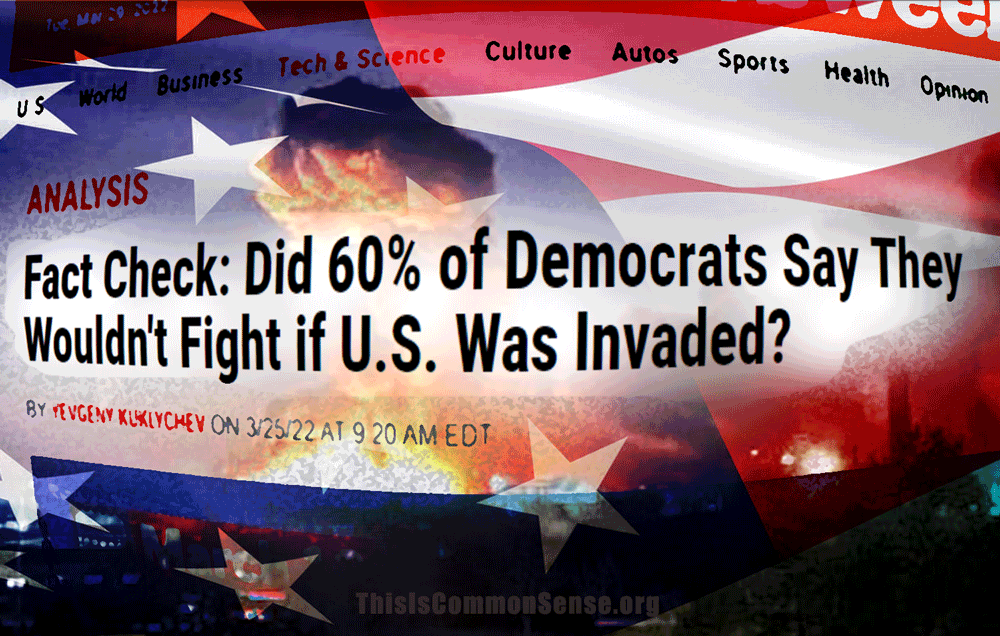. . . and to the refrigerator for which it stands, one cooling unit, under electric power, indivisible from the side by side freezer, with cold drinks and frozen TV dinners for all.
Silly to pledge allegiance to a refrigerator or its warranty? Perhaps no more so than to pledge allegiance to our nation’s flag or our beloved Republic, for which that flag stands.
Wait a second: Doesn’t our Republic deserve our allegiance?
Well, what is meant by “allegiance”? The first dictionary definition reads: “the obligation of a feudal vassal to his liege lord.”
The word “allegiance” does indeed derive from feudal times. Even further variations of the definition — “the fidelity owed by a subject or citizen to a sovereign or government” or “the obligation of an alien to the government under which the alien resides” — are tied to a relationship whereby “We, the People” are inferior to our nation-state.
But not in America. We are not “subjects” nor “aliens.” We are the sovereigns.
That wonderful frost-free icebox is ours; it works for us. This Republic is also ours and it was designed to work for us. In clear and deliberate language. In fact, language not dissimilar from an appliance warranty — though written more accessibly for the common person.
We are the government. So, do we really need to pledge our allegiance to ourselves?
As Judge Andrew Napolitano asked on his Freedom Watch show several years ago — before Fox mysteriously cancelled the show — “Does the government work for us or do we work for the government? Are true patriots guided by symbolism such as flag waving and pledges or by their commitment to personal freedoms?”
Perhaps it doesn’t matter. Most folks reciting the Pledge surely do not view themselves as feudal serfs.
Still, words matter. And actions and rituals matter as well. Tomorrow we celebrate Independence Day — not simply as a method to get out of work, but as a way to remind ourselves and our children that this country was conceived in liberty, in the hope we can continue to expand on and live in freedom. (That’s why I say “Independence Day” rather than the “Fourth of July,” since what happened is much more important than the date it happened.)
The Founders who signed the Declaration of Independence — pledging their lives, fortunes and sacred honor — didn’t see fit to establish a pledge for citizens to recite. Their pledge was to each other and to the country.
The Pledge of Allegiance, on the other hand, was written by an admitted socialist, Francis Bellamy, in 1892. In addition to the Pledge, Mr. Bellamy also came up with a salute for school children and others to make toward the flag. To prove that truth is stranger than fiction, what came to be known as the Bellamy Salute was very similar to the salute adopted by Mussolini and the Italian fascists . . . as well as the Nazis, for use in tandem with their exclamation of “Heil Hitler!”
In 1942, after U.S. entry into World War II, Congress amended the Flag Code to advise folks to place their hand over their heart, instead of giving the Nazi — er, Bellamy Salute.
Don’t go off the deep-end here: I’m not suggesting that reciting the Pledge of Allegiance makes one a Nazi, or even a far milder brand of socialist. When Americans recite the Pledge, they do so for love of country and to affirm the freedoms our Republic is designed to protect and defend.
What I am declaring is that we Americans must understand our history, our government, and our exceptional place in the world well enough to stop defining patriotism as the repetition of someone else’s words about an alien concept of allegiance. Instead, let’s celebrate the words that are quintessentially ours: the Declaration of Independence, the Constitution and the Bill of Rights.
As we celebrate our Independence Day, our break from the monarchy of the Old World, we ought to appreciate that this break threw out any allegiance to rulers as if they wielded divine power over us and substituted for that corrupt rule a constitutional republic, where the citizens had protection against government encroachment on their freedoms, written down in black and white and fully enforceable.
The Constitution is a warranty of sorts. And the more we think of government in practical terms, like a refrigerator or an agreement for services, rather than some mystical force that tells us what to do, the better for actually maintaining our freedom and keeping our Republic.
As Tom Paine wrote: “It is the duty of the patriot to protect his country from his government.”
We cannot protect our freedom by repeatedly declaring allegiance to the Republic, much less its three-color stand-in.
Instead, saving our Republic requires citizens to stand up and demand that our government adhere to the contract.
This is Common Sense. I’m Paul Jacob.
PDF for printing
—
See all recent commentary
(simplified and organized)
See recent popular posts





